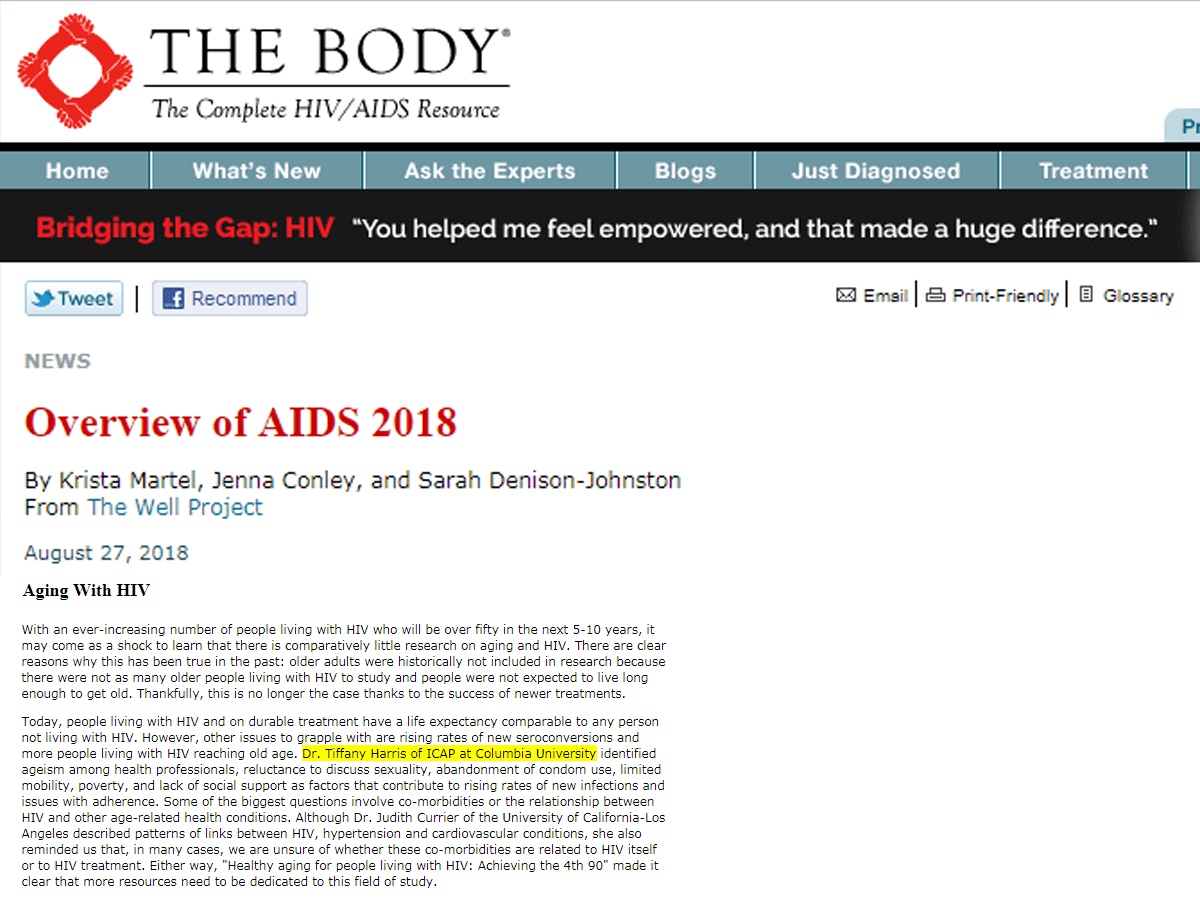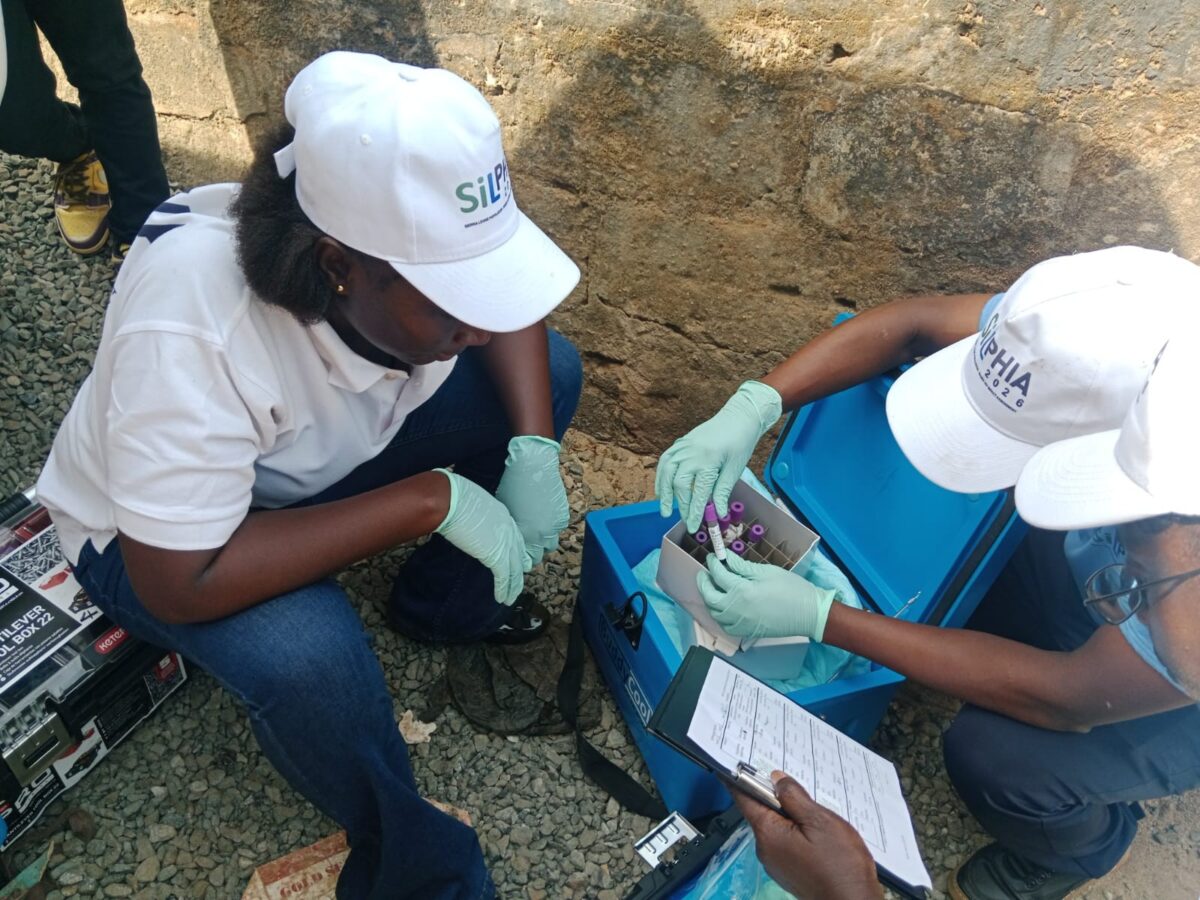With an ever-increasing number of people living with HIV who will be over fifty in the next 5-10 years, it may come as a shock to learn that there is comparatively little research on aging and HIV. There are clear reasons why this has been true in the past: older adults were historically not included in research because there were not as many older people living with HIV to study and people were not expected to live long enough to get old. Thankfully, this is no longer the case thanks to the success of newer treatments.
Today, people living with HIV and on durable treatment have a life expectancy comparable to any person not living with HIV. However, other issues to grapple with are rising rates of new seroconversions and more people living with HIV reaching old age. Dr. Tiffany Harris of ICAP at Columbia University identified ageism among health professionals, reluctance to discuss sexuality, abandonment of condom use, limited mobility, poverty, and lack of social support as factors that contribute to rising rates of new infections and issues with adherence. Some of the biggest questions involve co-morbidities or the relationship between HIV and other age-related health conditions. Although Dr. Judith Currier of the University of California-Los Angeles described patterns of links between HIV, hypertension and cardiovascular conditions, she also reminded us that, in many cases, we are unsure of whether these co-morbidities are related to HIV itself or to HIV treatment. Either way, “Healthy aging for people living with HIV: Achieving the 4th 90” made it clear that more resources need to be dedicated to this field of study.








